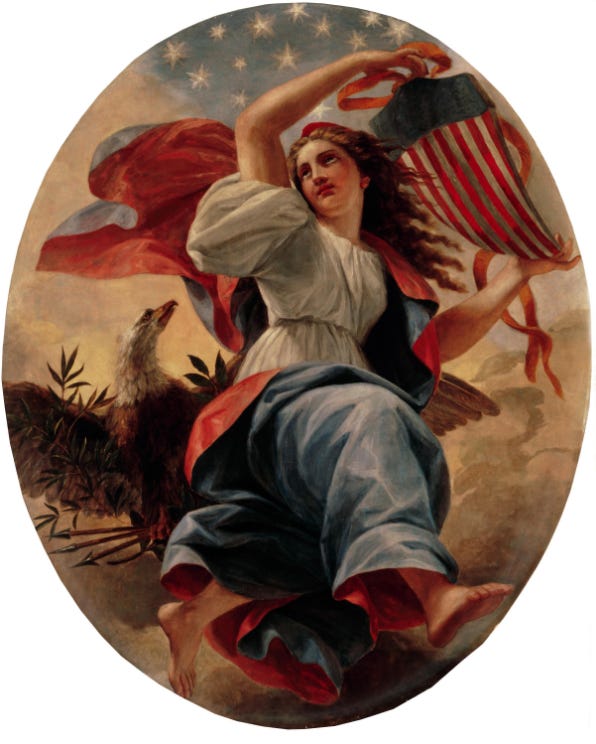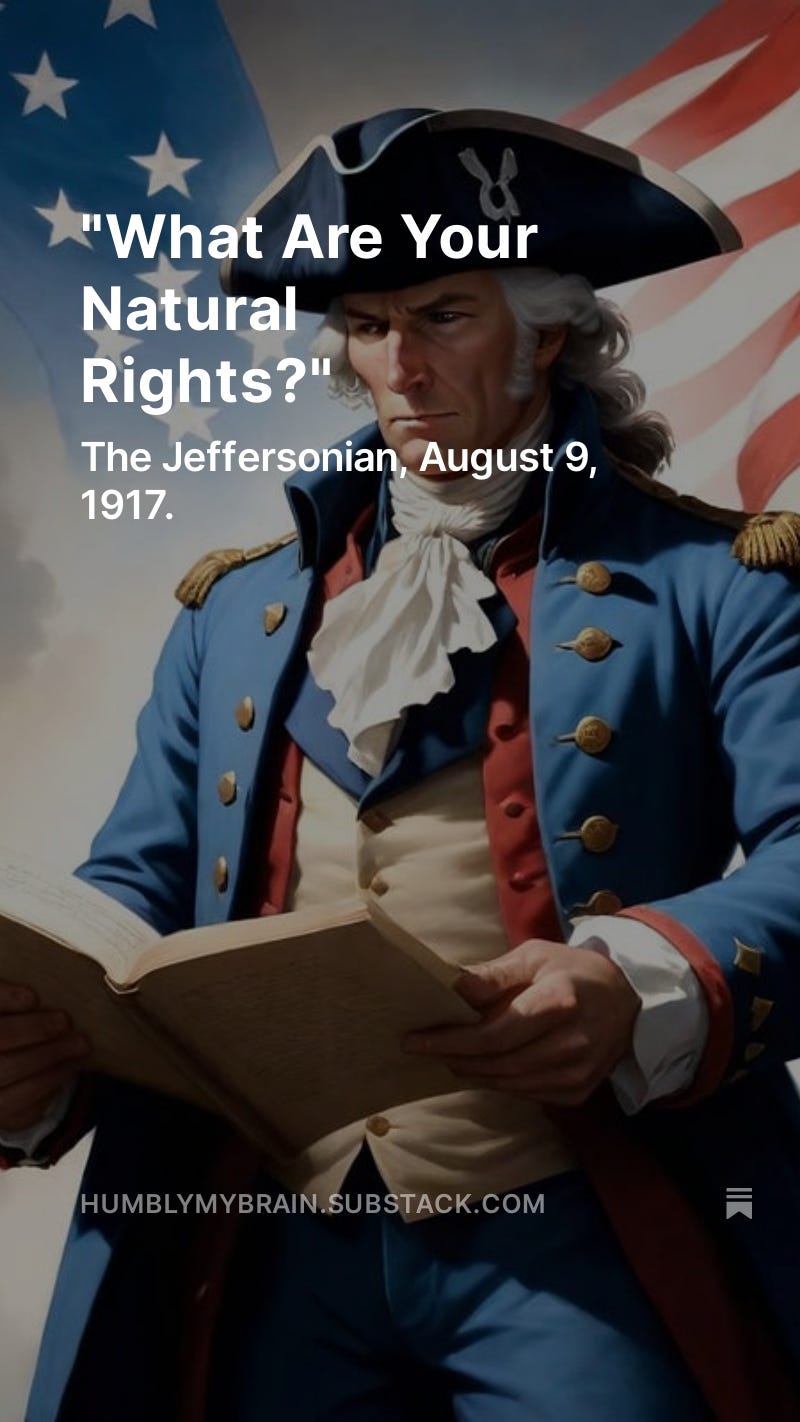Unveiling Natural Rights: A Classical Liberal Journey with Professor Aeon Skoble
Who is Professor Aeon Skoble?
Professor Aeon J. Skoble is a distinguished philosopher and academic, currently serving as the Bruce and Patricia Bartlett Chair in Free Speech and Expression at Bridgewater State University, where he is also a Professor of Philosophy and co-coordinator of the Philosophy, Politics, and Economics program. He holds a BA from the University of Pennsylvania and an MA and PhD from Temple University. Skoble is widely recognized for his contributions to political philosophy, particularly in the areas of theories of rights, the justification of authority, and virtue ethics. His notable works include Deleting the State: An Argument about Government (2008), The Essential Robert Nozick (2020), and edited volumes such as Reading Rasmussen and Den Uyl: Critical Essays on Norms of Liberty (2008). Beyond academia, he is a Senior Fellow at the Fraser Institute and has frequently collaborated with libertarian and classical liberal organizations, including the Institute for Humane Studies, the Cato Institute, and the Foundation for Economic Education.
Professor Skoble has a significant association with Learn Liberty, an educational initiative launched by the Institute for Humane Studies (IHS), a nonprofit organization dedicated to advancing libertarian and classical liberal ideas. Learn Liberty provides free online resources, primarily through videos, articles, and courses, aimed at exploring and explaining concepts of individual liberty, free markets, and limited government. Skoble has contributed as a lecturer and content creator, offering philosophical insights into topics like rights, liberalism, and social cooperation. These resources are designed for students, educators, and the general public to foster a deeper understanding of classical liberal principles through accessible, engaging, and thought-provoking content.
Introduction Summary of the Three Videos on Natural Rights
The three videos featuring Professor Aeon Skoble—"Where Do Rights Come From?", "Libertarianism Explained: What Are Rights?", and "Positive Rights vs. Negative Rights"—collectively provide a comprehensive exploration of the concept of natural rights within the framework of classical liberalism.
Together, these videos unpack the philosophical underpinnings of natural rights, their practical implications, and their centrality to classical liberal thought, offering a nuanced perspective on how individuals and governments interact within a framework of liberty.
“Where Do Rights Come From?”
In the video "Where Do Rights Come From?" Professor Skoble explores the origins of rights, distinguishing between legal rights, which stem from contracts and legal systems, and moral or natural rights, which have been debated by philosophers for centuries. He highlights that while rights may be perceived as God-given or natural, they can also be understood through ethical frameworks like utilitarianism and deontology, which may yield similar practical outcomes despite their differing foundations. The discussion emphasizes the importance of recognizing individual rights in political philosophy, even amidst disagreements on their justification, and suggests that the rationale behind rights matters for theoretical understanding but not for their application in policy.
Key Points
Rights can originate from various sources, including employment contracts and legal systems, not solely from God.
Philosophical perspectives on moral rights include utilitarianism, which focuses on outcomes, and deontology, which emphasizes rule-following.
Despite differing theories, practical applications of rights can align across philosophical viewpoints.
The First Amendment right to assemble illustrates the need for moral justification in legal rights and the implications of restrictions.
Acknowledging that individuals have rights is critical in political discussions, regardless of the philosophical basis for those rights.
“Libertarianism Explained: What Are Rights?”
Professor Skoble explores the concept of rights, distinguishing between moral and legal rights, and delving into the idea of natural rights as fundamental to human existence. He argues that rights are not granted by governments but are inherent to individuals and should be protected by legal systems. The video discusses the historical context of rights, the evolution of voting rights, and the philosophical underpinnings of classical liberalism, ultimately framing the role of government as a protector of these natural rights.
Rights are moral concepts that define acceptable interactions between individuals.
Natural rights are inherent and not granted by governments; they exist independently of legal systems.
Legal rights can change depending on laws and constitutions, as demonstrated by historical voting rights.
Classical liberalism posits that the right to live and be free is natural, contrasting with the idea that rights are permissions from authority figures.
The role of government is to protect natural rights, ensuring that legal rights align with these fundamental freedoms.
“Positive Rights vs. Negative Rights”
Professor Skoble discusses the distinctions between positive and negative rights, emphasizing how these concepts lead to confusion among both liberals and conservatives. Negative rights, or liberties, require others to refrain from interference, allowing individuals the freedom to pursue their interests, such as purchasing goods. In contrast, positive rights impose obligations on others to provide certain services, like the right to an attorney for those who cannot afford one. Skoble highlights that while negative rights do not conflict, positive rights may due to scarcity and the nature of obligations they create. He concludes that true positive rights should be based on consensual arrangements to avoid infringing on negative rights.
Negative Rights: Impose a duty of noninterference; examples include the right to speak freely and to acquire goods.
Positive Rights: Impose a duty to provide; examples include the right to an attorney when one cannot afford one.
Conflict of Rights: Negative rights do not conflict, while positive rights can due to scarcity and obligations.
Consent in Positive Rights: Positive rights should ideally stem from consensual arrangements to avoid violating others' liberties.
Understanding Duties: Rights are defined by the duties they impose on others, clarifying the nature of both claims.
Importance for Studying Classical Liberalism
Understanding natural rights as presented in these videos is fundamental for anyone studying the principles of classical liberalism, a political philosophy rooted in individual liberty, limited government, and free markets. Here’s why:
Foundation of Individual Liberty: Classical liberalism, as articulated by thinkers like John Locke and Adam Smith, posits that individuals possess inherent rights to life, liberty, and property—natural rights that preexist government. Skoble’s discussions clarify how these rights form the bedrock of this philosophy, distinguishing it from systems where rights are mere privileges granted by authority.
Role of Government: The videos emphasize that in classical liberalism, government’s primary function is to protect natural rights, not to create or arbitrarily limit them. This principle, evident in Skoble’s analysis of legal versus natural rights and the negative-positive rights dichotomy, is critical for understanding the minimalist state advocated by classical liberals.
Philosophical Underpinnings: Grasping the debates over rights’ origins—whether God-given, naturally inherent, or ethically derived—equips students to engage with the intellectual history of liberalism. Skoble’s exploration of utilitarianism and deontology alongside natural rights connects classical liberalism to broader philosophical traditions, enriching its study.
Practical Implications: The distinction between negative and positive rights is vital for analyzing policy within a classical liberal framework. Negative rights align with noninterference and personal freedom, core tenets of the philosophy, while positive rights raise questions about state overreach—issues central to debates on liberalism’s scope and limits.
Critical Thinking and Application: These concepts encourage students to critically assess modern political systems against classical liberal ideals. Understanding how rights impose duties, as Skoble explains, fosters a deeper appreciation of liberty’s balance with responsibility, a key tension in liberal thought.
In essence, Skoble’s videos provide a gateway to mastering classical liberalism by illuminating natural rights as both a theoretical cornerstone and a practical guide. This knowledge enables students to evaluate historical and contemporary political ideas through a lens that prioritizes individual autonomy and limited governance, hallmarks of the classical liberal tradition.






